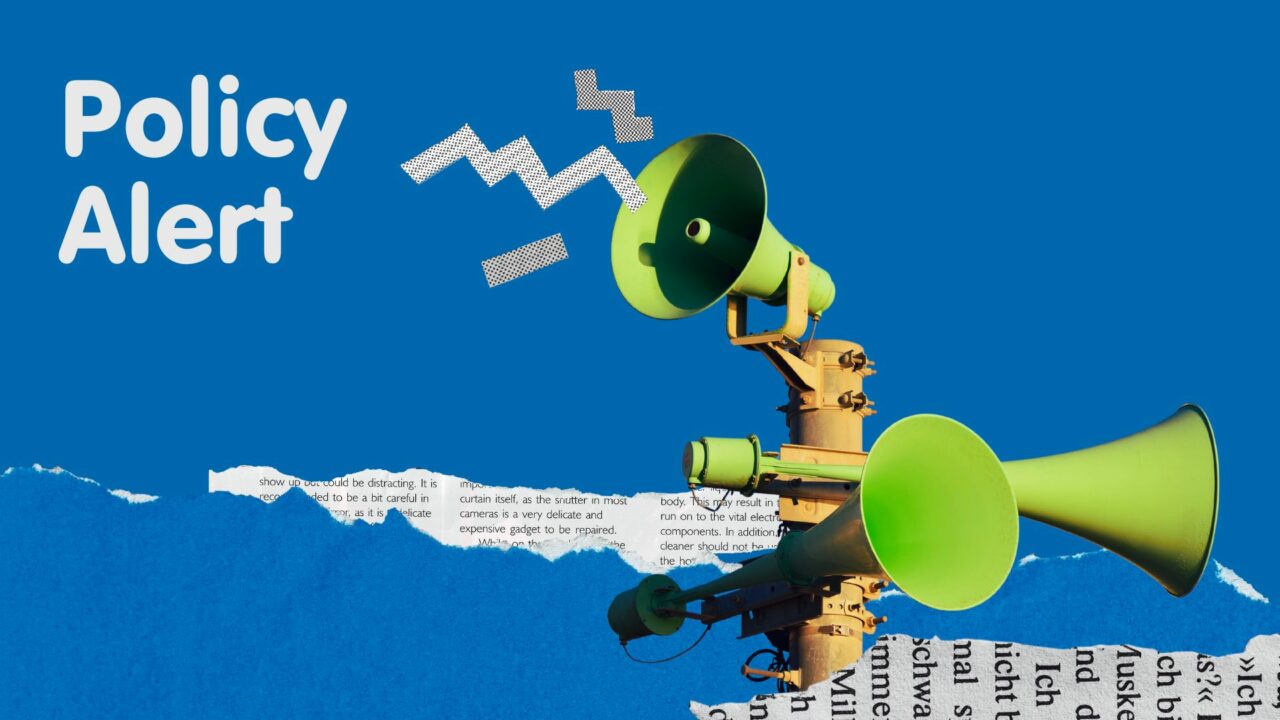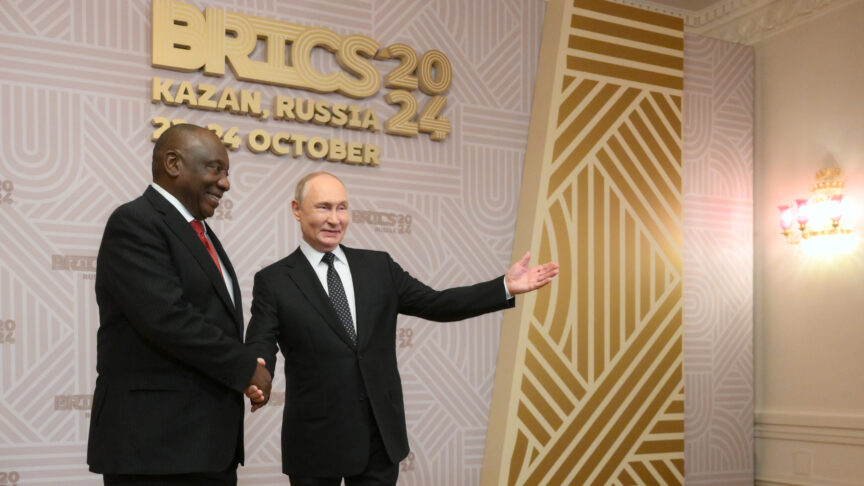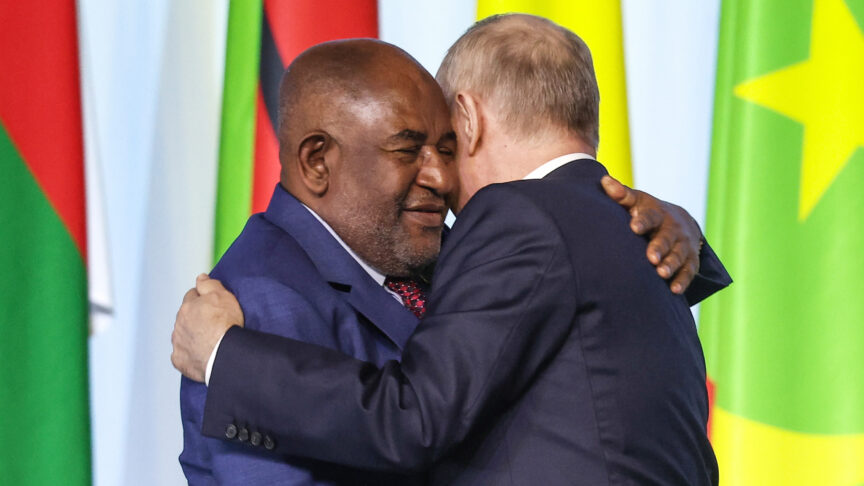Turning 21: How the EU should engage with the G20’s newest member
The African Union (AU) became the newest member of the G20 last week, and only the second regional organisation to gain permanent membership after the European Union. But with 55 members and no defined process for reaching a continent-wide consensus on G20 issues, the AU faces an uphill battle to translate its membership into effective representation of all of Africa. To do so, it needs to harmonise the roles of the AU Commission (AUC) – the organisation’s secretariat – and the AU’s rotating member state chair. While internal deliberations on this continue, the task falls to the AU chair, currently Comoros, which represented the AU at the recent G20 summit in India.
The AU chair’s capacity is limited by the scope of its responsibilities. Unlike the presidents of the European Commission and Council – who represent the EU at the G20 – the AU chair must govern its own country while overseeing the AU. Larger, more developed states boast more effective bureaucracies, but the rotation system qualifies all African states for chairmanship regardless of capacity. And while a presidential term of the European Council lasts two and a half years, the AU chair rotates every year, hampering the accrual of institutional knowledge. Finally, while the EU has well-defined consultative mechanisms to facilitate consensus among its members before G20 summits, the AU still needs to define these. And its mandate to do so is more tenuous as AU member states cede less power to the AU than their European counterparts.
The AUC can compensate for these shortcomings with a stronger institutional secretariat function, greater institutional capacity, and a longer term of four years.
Maximum engagement
The EU should define a two-track approach to engaging with the AU on G20 issues, which recognises the organisation’s evolving internal debate on managing its G20 representation.
- Track 1: Engaging with the AU chair
Given the AU chair’s lack of bureaucratic capacity, it will be strongly influenced by external engagement. By engaging with the AU chair on G20 issues, the EU can gain direct influence in high-level state-to-state diplomacy. The EU should also engage with the AU’s Assembly Bureau – a troika arrangement between the outgoing, current, and incoming chairs that mirrors the EU’s trio system. Typically, France is the most adept EU player at engaging both. The EU should now centralise G20 outreach through the EU presidency.
- Track 2: Engaging with the AUC
As the AUC’s secretariat function takes shape it will strengthen the AU’s ability to represent Africa at the G20 via internal consultations and the eventual consolidation of members’ positions. The EU should therefore engage early with the AUC’s developing internal processes for the G20 to assess and pursue opportunities to build coalitions at the G20. It should capitalise on its unique parity with the AUC as the only other supranational G20 member and begin building a soft institution-to-institution partnership by offering support based on its own experience of developing a G20 representation mechanism.
Coalition potential
This two-track approach would enable the EU to work with the AU chair immediately, while positioning itself as the AUC’s first partner as its secretariat function develops.
While the G20’s original function was to adapt the international financial system to the changing global environment, it now tackles increasingly broad subjects, from aid to resource security. The EU could benefit from coalitions with the AU at future G20 summits on issues including the competition with China over international debt management and reform of the Bretton Woods institutions.
The European Council on Foreign Relations does not take collective positions. ECFR publications only represent the views of their individual authors.



